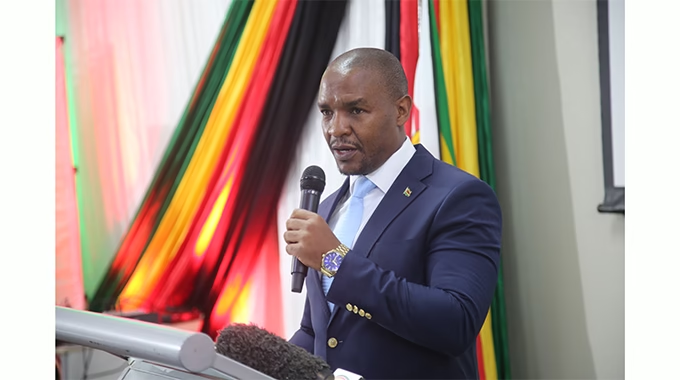
Zimbabwe has taken a prominent seat at the table of global Artificial Intelligence (AI) governance, participating in the third UNESCO Global Forum on the Ethics of AI, which is currently underway from June 24 to 27. The nation joins a select cohort of African countries piloting a pioneering global framework focused on the ethical and inclusive deployment of AI technologies.
Guided by the 2021 UNESCO Recommendation on the Ethics of Artificial Intelligence, a landmark framework that Zimbabwe adopted the same year, the forum aims to advance responsible AI development, especially in emerging economies where governance frameworks are still taking shape. The country’s participation reflects not just a growing national interest in AI, but also a determined push to lead on issues of ethics, equity, and innovation in the digital age.
Representing Zimbabwe at the high-level gathering, Dr Beaullah Chirume, Permanent Secretary in the Ministry of ICT, Postal and Courier Services, outlined the country’s strategic outlook on embedding ethics into AI. She pointed to a series of legislative and institutional frameworks already in place, including the Cyber and Data Protection Act, the Consumer Protection Act, and information access regulations, that are helping to shape a secure and responsible digital ecosystem.
“We have the brains,” said Dr Chirume, referencing the country’s growing pool of techno-savvy graduates and innovation hubs. “We’re ready to develop locally acceptable and context-specific AI solutions,” she added, affirming the government’s confidence in homegrown talent and solutions.
Zimbabwe is also one of six African nations chosen to implement UNESCO’s Readiness Assessment Methodology (RAM), a tool designed to evaluate the state of national AI ecosystems. The RAM initiative seeks to pinpoint regulatory, infrastructural, and capacity gaps while promoting inclusive, culturally relevant, and rights-based deployment of AI.
Beyond policy and talent, Zimbabwe’s AI strategy is also grounded in infrastructure expansion and inclusive connectivity. Dr Chirume emphasized the need for all regions, urban and rural alike, to benefit from fast, reliable internet, which is essential for equitable AI application. “We must bring everyone on board,” she noted. “Connectivity must not just exist, it must be at the right speed to enable effective AI use.”
The country’s approach is also sector-driven. From agriculture and mining to education and healthcare, AI is being mapped as a transformative tool across Zimbabwe’s key economic and social sectors. With a national AI landscape diagnosis already completed, policymakers and stakeholders now have a clearer picture of Zimbabwe’s strengths and areas needing support.
As discussions continue at the UNESCO forum, Zimbabwe’s participation signals a proactive stance in shaping the ethical future of AI in Africa. The challenge now lies in converting policy intentions into implementable programmes, ensuring that AI becomes a vehicle for inclusive growth, innovation, and human dignity.
In a world racing to unlock the potential of AI, Zimbabwe’s voice is not just present, it’s intentional, measured, and increasingly influential.




